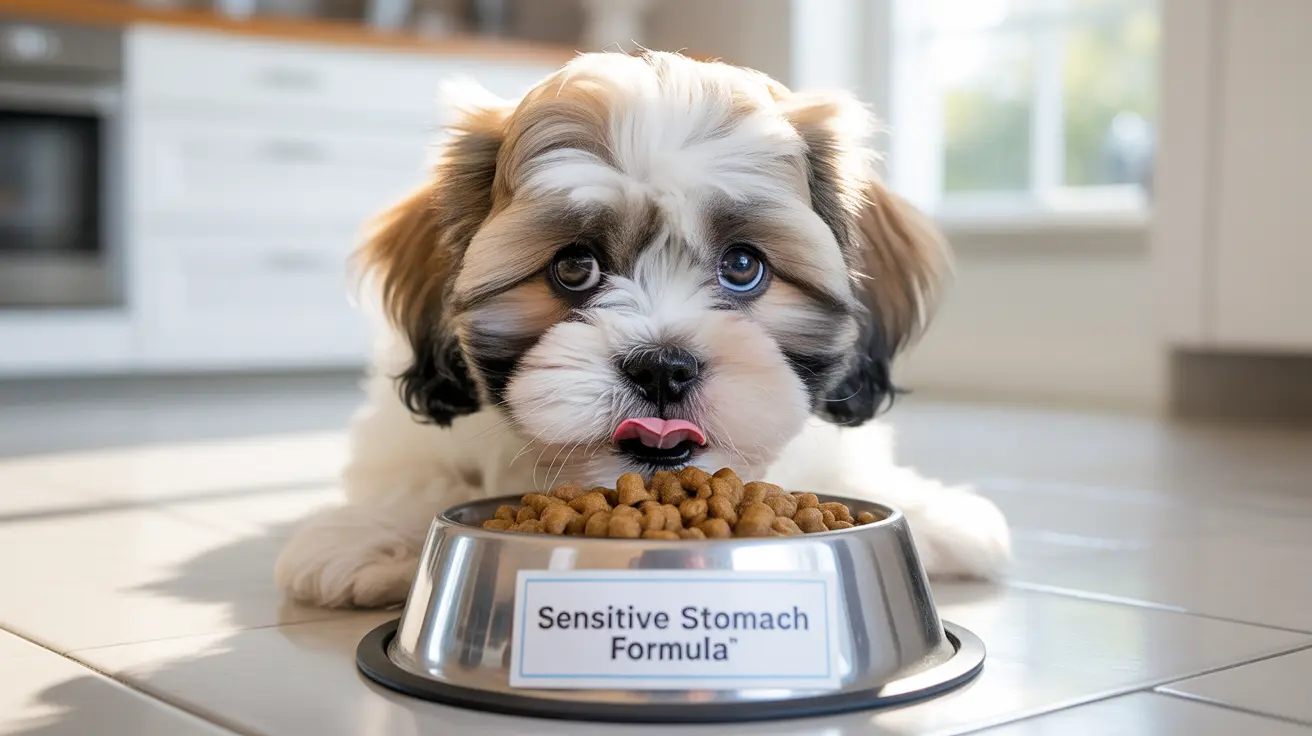If your dog suffers from food allergies or digestive sensitivities, hydrolyzed dog food might be the solution you've been seeking. This specialized diet features proteins that have been broken down into smaller components, making them less likely to trigger allergic reactions while maintaining essential nutrition for your pet.
In this comprehensive guide, we'll explore what makes hydrolyzed dog food unique, examine the top brands available, and help you determine if this specialized nutrition option is right for your four-legged friend.
Understanding Hydrolyzed Dog Food
Hydrolyzed dog food is crafted using a unique scientific process that breaks down proteins into smaller peptides and amino acids. This molecular transformation makes the proteins virtually unrecognizable to your dog's immune system, significantly reducing the likelihood of allergic reactions.
Common protein sources in these formulas include hydrolyzed chicken liver, soy protein isolate, and fish proteins. The hydrolysis process ensures these proteins are both safe and highly digestible for sensitive dogs.
Benefits of Hydrolyzed Dog Food
Allergy Management
The primary advantage of hydrolyzed dog food is its ability to bypass the immune system's typical allergic responses. This makes it an excellent choice for dogs suffering from food allergies that manifest as skin issues, digestive problems, or other uncomfortable symptoms.
Enhanced Digestibility
With protein digestibility rates reaching 90-92%, hydrolyzed formulas are significantly more digestible than standard dog foods. This higher absorption rate means better nutrition for your pet and fewer digestive issues.
Top Hydrolyzed Dog Food Brands
Veterinary Prescription Options
Leading prescription brands include Hill's Prescription Diet z/d and Royal Canin Veterinary Diet Hydrolyzed Protein HP. These formulas offer comprehensive nutrition while maintaining strict quality control standards.
Over-the-Counter Alternatives
Some manufacturers offer non-prescription hydrolyzed options, though these may not provide the same level of protein processing as veterinary formulas. Diamond Care Sensitive Skin Formula is one such option.
Choosing the Right Hydrolyzed Food
When selecting a hydrolyzed dog food, consider these factors:
- Your dog's specific allergies or sensitivities
- The protein source used in the formula
- Whether you need a prescription option
- Your budget (these foods typically cost more than standard kibble)
- Your veterinarian's recommendations
Making the Transition
Switching to hydrolyzed dog food requires patience and careful monitoring. Gradually transition over 7-10 days, mixing increasing amounts of the new food with the current diet to prevent digestive upset.
Frequently Asked Questions
What makes hydrolyzed dog food the best option for dogs with food allergies and sensitivities?
Hydrolyzed dog food contains proteins that have been broken down into such small particles that they're less likely to trigger allergic reactions. This makes them ideal for dogs with food sensitivities, as the immune system typically doesn't recognize these smaller protein pieces as allergens.
How does hydrolyzed protein in dog food help reduce allergic reactions and improve digestion?
The hydrolysis process breaks down proteins into smaller components (peptides and amino acids), making them easier to digest and less likely to cause immune responses. This results in better nutrient absorption and fewer allergic reactions.
Which are the top hydrolyzed dog food brands recommended by veterinarians?
Veterinarians typically recommend Hill's Prescription Diet z/d, Royal Canin Veterinary Diet Hydrolyzed Protein HP, and Purina Pro Plan Veterinary Diets HA Hydrolyzed formula. These brands maintain strict quality control and have extensive research supporting their effectiveness.
Can hydrolyzed dog food be used as a long-term diet for dogs with skin and digestive issues?
Yes, hydrolyzed dog food can be used as a long-term solution for dogs with chronic allergies or sensitivities, provided it's nutritionally complete and balanced. However, regular veterinary monitoring is recommended to ensure ongoing effectiveness.
How do I know if my dog needs hydrolyzed dog food, and should I consult a vet before switching?
If your dog shows signs of food allergies (itching, digestive issues, ear infections) or hasn't responded well to other dietary changes, hydrolyzed food might help. Always consult a veterinarian before switching to hydrolyzed dog food, as they can properly diagnose allergies and recommend the most appropriate formula.
Conclusion
Hydrolyzed dog food represents a significant advancement in managing canine food sensitivities and allergies. While it requires a bigger investment than conventional dog food, the benefits for allergic or sensitive dogs can make it well worth the cost. Remember to work closely with your veterinarian to determine if hydrolyzed dog food is the right choice for your pet's specific needs.






